As we look towards the future of transportation, it's clear that electric vehicles, or EVs, will play a big role. One of the most important components of an EV is its battery system. Let's take a closer look at some recent developments in EV battery technology.
Heat Management for Faster Charging
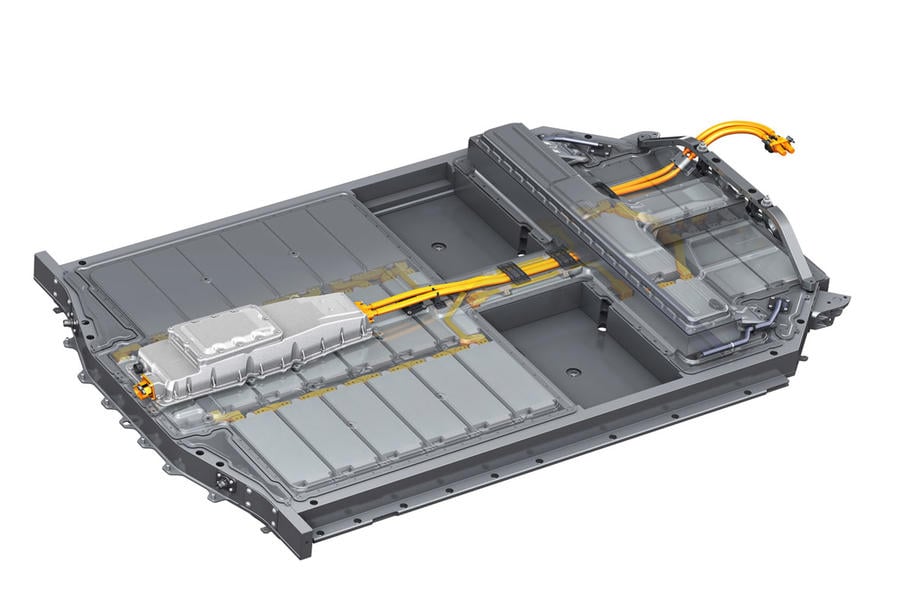
One of the challenges of EVs is that they can take longer to charge than traditional cars take to refuel. However, researchers are working on ways to speed up the charging process. One promising avenue of research is developing better heat management systems for EV batteries.
When a battery is charged, it generates heat. If the battery gets too hot, it can reduce the battery's performance and even cause damage. Therefore, it's important to keep the battery at an optimal temperature to maximize its charging speed and lifespan.
Researchers at the University of Warwick in the UK have developed a heat management system that can reduce an EV's charging time by up to 27%. By keeping the battery cooler during charging, the system can charge the battery faster without damaging it.
New Materials for Lighter Batteries
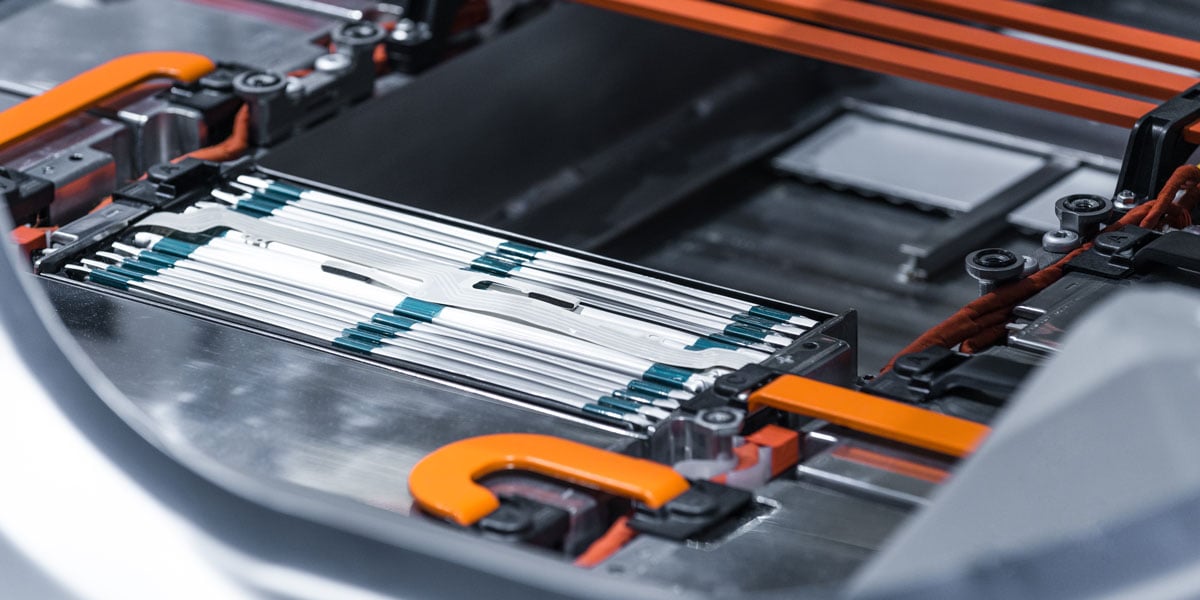
Making EVs lighter can improve their performance and extend their range. One way to make EVs lighter is by using lighter materials in their battery systems.
Researchers at Imperial College London have developed a new kind of aluminum alloy that is stronger and lighter than traditional aluminum alloys. By using this new alloy in an EV battery's casing, the battery can be lighter without compromising its strength.
This new alloy is also more resistant to corrosion and can withstand high temperatures, which can make it more durable for use in EVs.
Printed Circuit Boards for Better Battery Performance
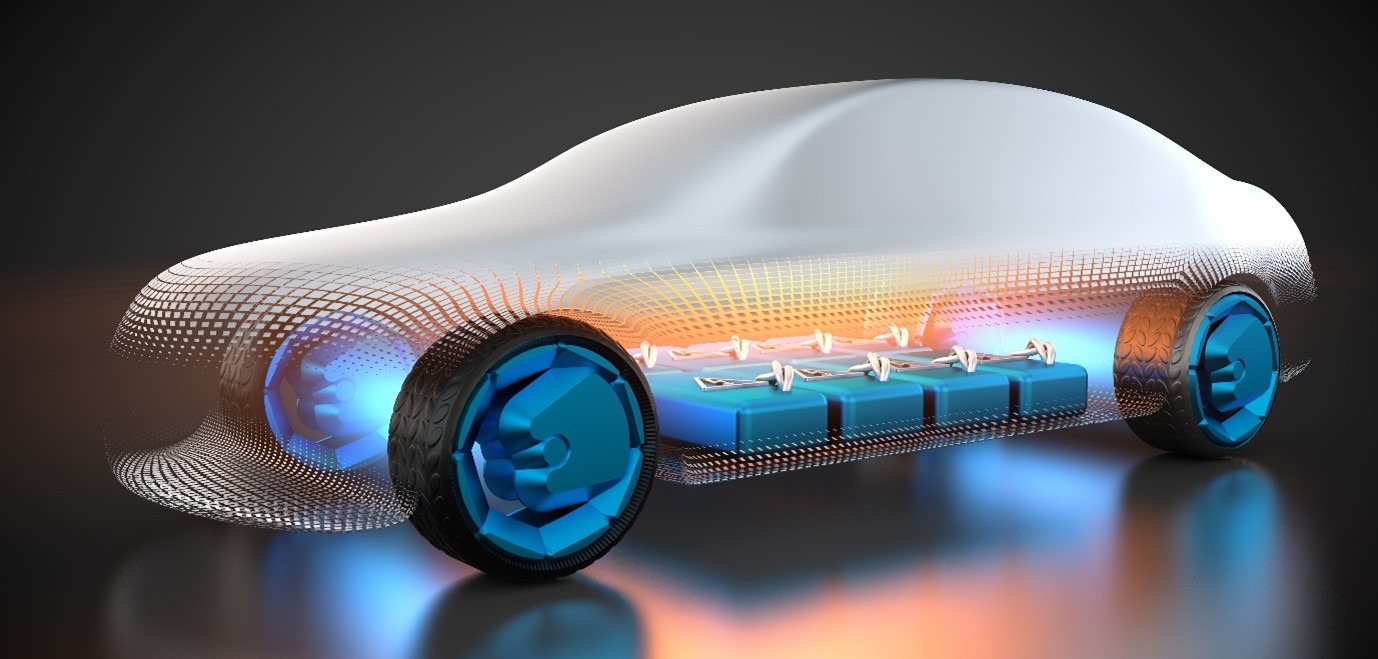
The performance of an EV's battery depends on many factors, including the circuit board that controls it. By using more advanced circuit boards, EV battery performance can be improved.
UK-based EV manufacturer Arrival recently signed a £38m deal with a printed circuit board (PCB) supplier to develop more advanced PCBs for its battery systems. These PCBs use flexible circuit board technology to improve the battery's reliability and performance.
Flexible circuit boards can be bent and twisted, which makes them more durable and less prone to failure. By using these advanced PCBs, EVs can have more efficient and reliable battery systems.
Carbon Electrodes for Higher Energy Density
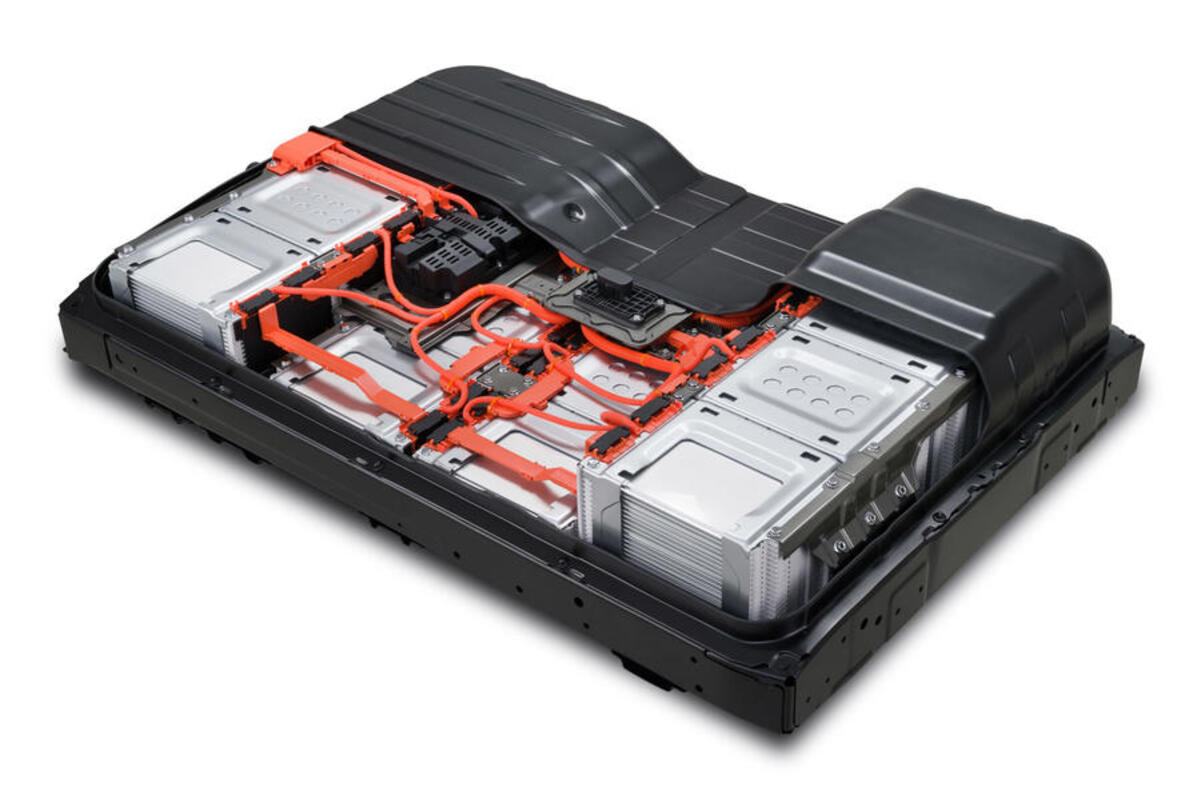
The energy density of an EV battery determines how much power it can store and how far the vehicle can travel on a single charge. Researchers are continually working on ways to increase the energy density of EV batteries to improve their performance and range.
One promising technology in this area is using carbon electrodes instead of traditional metal electrodes in a battery's construction. Carbon electrodes can improve the battery's energy density and performance.
Researchers at the University of Science and Technology of China have developed a new kind of carbon electrode that can significantly improve the energy density of EV batteries. By using this new technology, EVs can have longer ranges and more powerful battery systems.
The Growing EV Battery Market

As the popularity of EVs grows, so does the demand for EV batteries. According to a recent report by Grand View Research, the global EV battery market is expected to grow at a CAGR of 21.7% from 2021 to 2028.
Many major automakers and battery manufacturers are investing heavily in research and development of EV batteries. This investment is driving innovation, driving down costs, and making EVs more accessible to consumers.
LG Chem is one of the largest manufacturers of EV batteries in the world. The company more than doubled its market share from 2019 to 2020, according to a report by Clean Energy Wire. This growth is a testament to the increasing demand for EVs and EV batteries worldwide.
The Future of EV Battery Technology
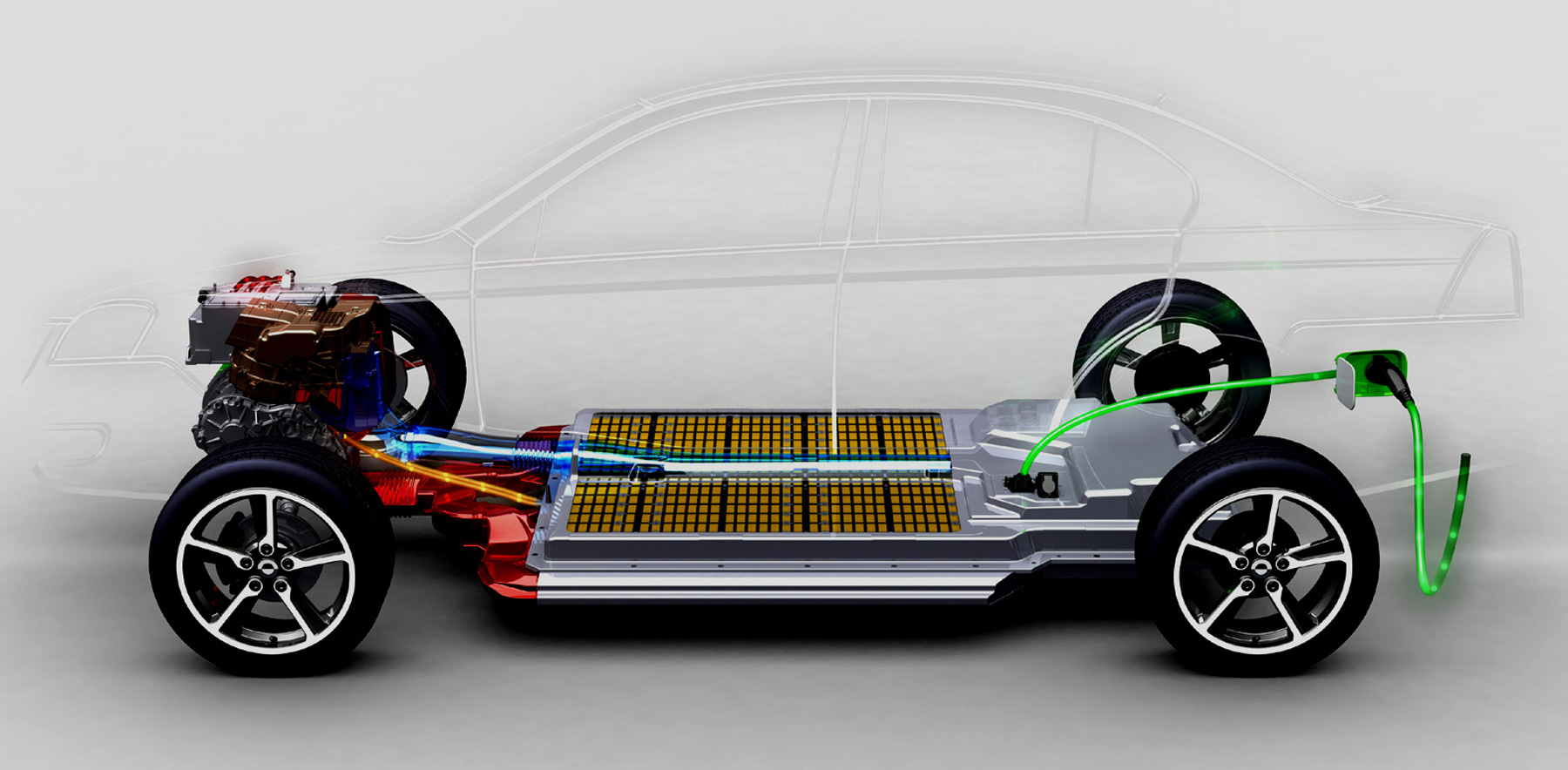
The developments we've highlighted here are just a few examples of how EV battery technology is advancing. With the ongoing pandemic and global climate crisis, there is a growing urgency to find sustainable transportation solutions.
The future of EV batteries is likely to include more advanced materials, better manufacturing processes, and more efficient energy storage and delivery systems. As these technologies evolve, we can look forward to more capable and affordable EVs that will help us transition to a cleaner, greener transportation future.
What are your thoughts on the future of EV battery technology? Let us know in the comments below.
If you are looking for EV Battery Systems - 3-Dimensional you've visit to the right place. We have 8 Pics about EV Battery Systems - 3-Dimensional like EV battery market is expected to boom - Prime Mover Magazine, EV Battery Systems - 3-Dimensional and also EV battery market is expected to boom - Prime Mover Magazine. Read more:
EV Battery Systems - 3-Dimensional
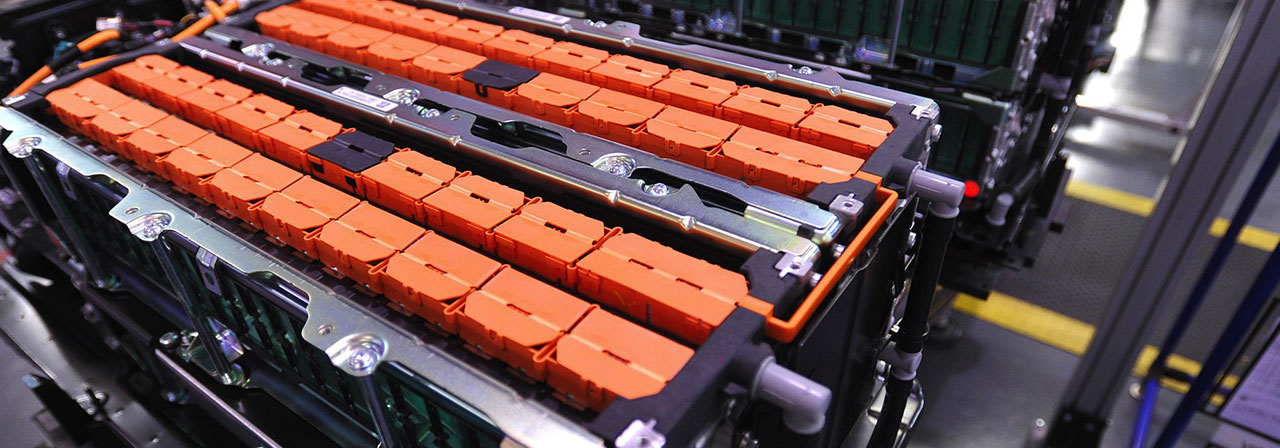 3dimensional.com
3dimensional.com ev battery batteries
LG Chem More Than Doubled Its Market Share - Clean Future
 www.cleanfuture.co.in
www.cleanfuture.co.in ev chem doubled manufacturers
EV Battery Market Is Expected To Boom - Prime Mover Magazine
 www.primemovermag.com.au
www.primemovermag.com.au expected mover prime
UK EV Manufacturer Signs £38m Deal With Printed Circuit Board Supplier
 www.electrichybridvehicletechnology.com
www.electrichybridvehicletechnology.com trackwise 38m fpc innovationen announced
Manufacturing Agreement Signed With EV OEM » Trackwise Designs Plc
 www.trackwise.co.uk
www.trackwise.co.uk ev battery pack technology
How Heat Management Can Cut EV Charging Times - Automotive Daily
 www.autodaily.com.au
www.autodaily.com.au ev charging thermal autocar
Carbon Electrodes Promise EV Battery Performance Breakthrough | Autocar
 www.autocar.co.uk
www.autocar.co.uk battery ev leaf pack energy carbon performance breakthrough nissan vehicle open batteries catl electrodes promise car autocar january time
How Enhanced Light Alloys Are Enabling Successful Automotive
 blog.keronite.com
blog.keronite.com ev battery successful alloys light materials science behind
How heat management can cut ev charging times. Ev battery systems. Ev battery successful alloys light materials science behind

0 Comments